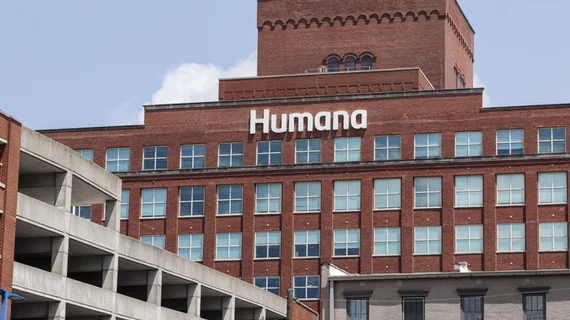Humana agrees to take second look at panned payment change labeling PET/CT as ‘investigational’
Humana has agreed to take a second look at a much-criticized recent payment policy update labeling PET/CT imaging as “investigational.”
The Louisville, Kentucky-based insurer first announced the change last year, revealing that plan members would not be eligible for positron emission tomography with concurrently acquired computed tomography in many instances. Those included cardiac, gastric, esophageal or neurologic indications, along with total body screening.
Imaging advocates such as the American Society of Nuclear Cardiology adamantly opposed the decision last fall, asking Humana to reconsider. The insurer appears to be listening, with its medical director agreeing to review the policy following a meeting requested by the nuclear cardiology group.
“ASNC expects an update in May after Humana conducts an internal review of the policy. Stay tuned for updates,” it said in a Monday afternoon update to members.
Both the American College of Radiology and Society of Nuclear Medicine and Molecular Imaging have also criticized Humana’s update, which took effect Feb. 4. The insurer supported its revision by asserting that PET/CT is “not identified as widely used or generally accepted” in peer-reviewed, English-language medical literature. Industry advocates have debunked this argument, as other insurers and the American Medical Association have widely accepted recommendations on the use of PET/CT published by SNMMI and others.
“ASNC opposes this decision because these procedures are unequivocally NOT experimental and are indeed widely performed. The majority of PET scanners manufactured today are PET-CT machines,” the society said in a recent blog post.

